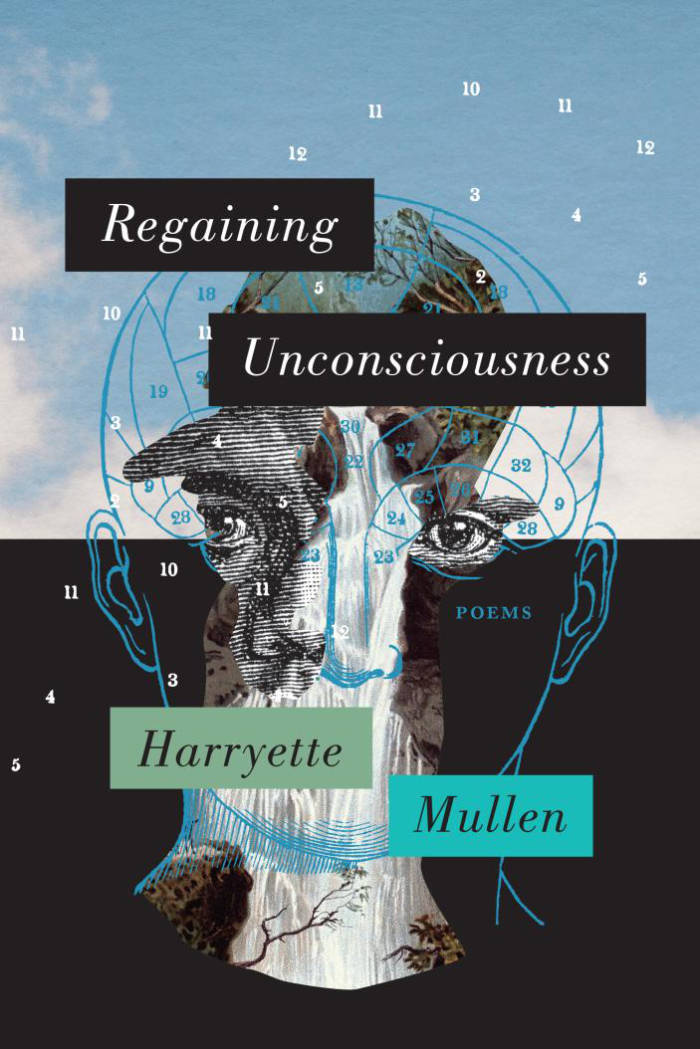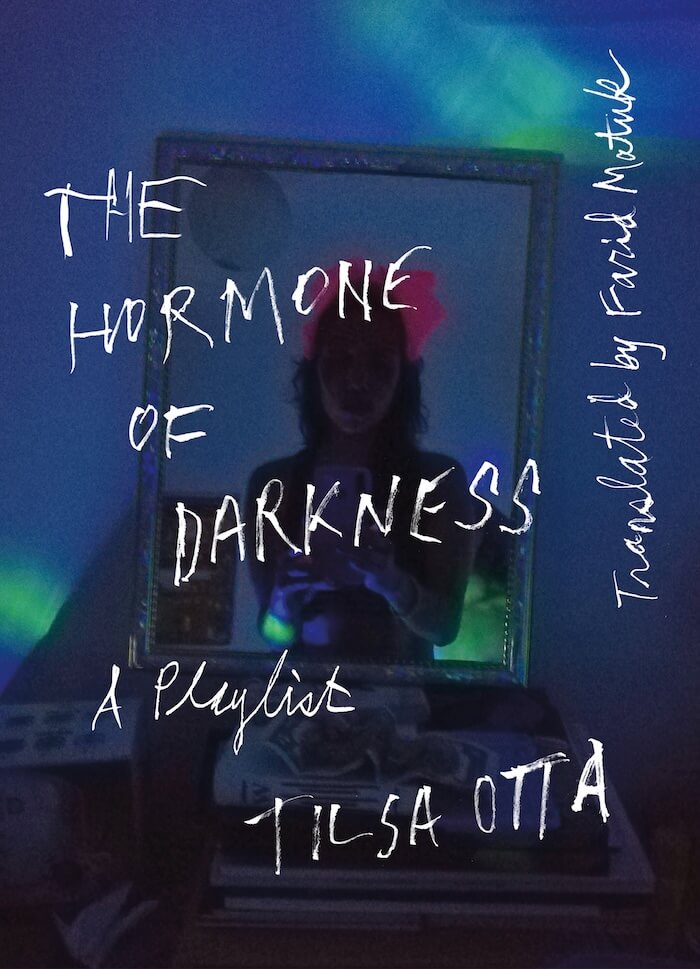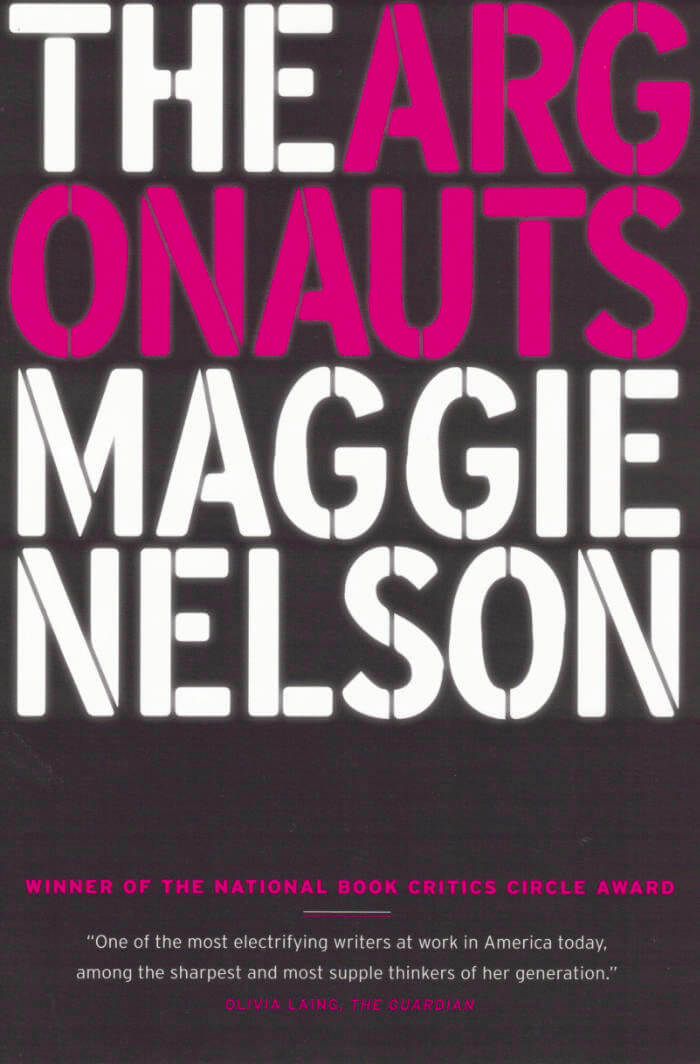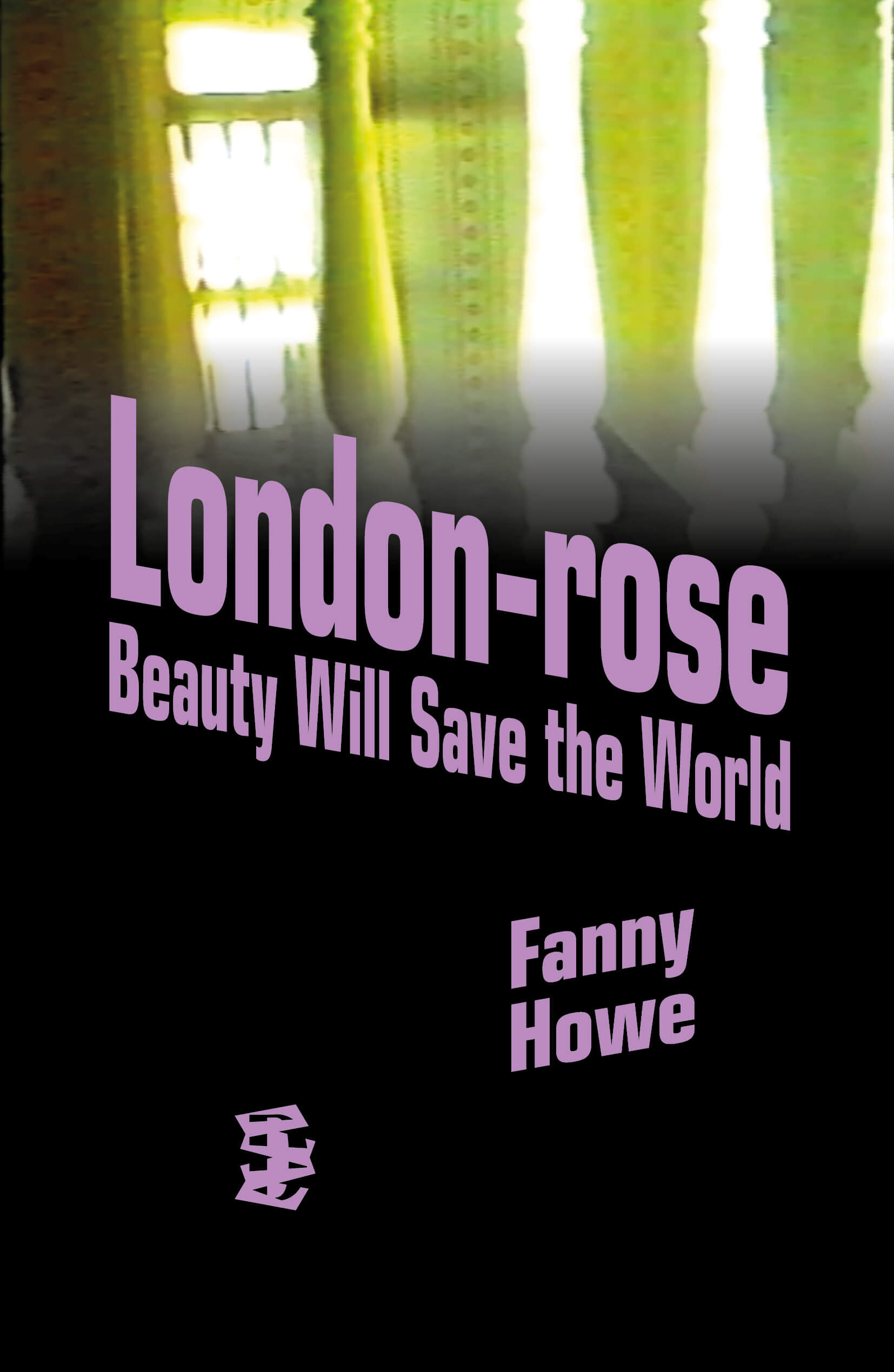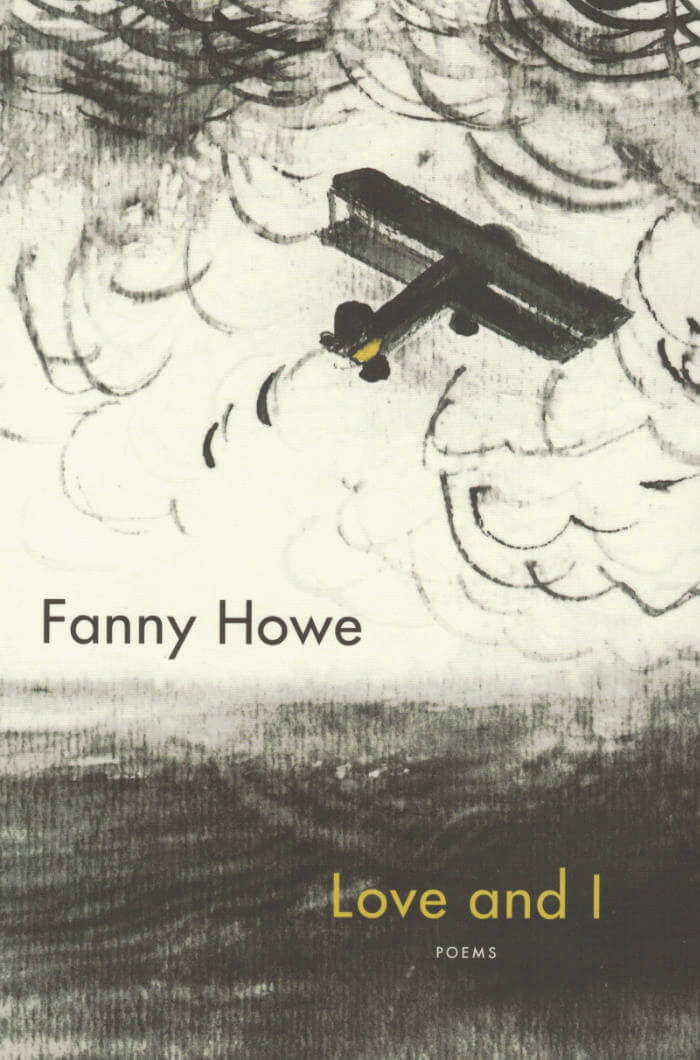
Love and I: Poems
Set in transit even as they investigate the transitory, the cinematic poems in Love and I move like a handheld camera through the eternal, the minds of passengers, and the landscapes of Ireland and America. From this slight remove, Fanny Howe explores the edge of "pure seeing" and the worldly griefs she encounters there, cast in an otherworldly light. These poems layer pasture and tarmac, the skies above where airline passengers are compressed with their thoughts and the ground where miseries accumulate, alongside comedies, in the figures of children in a park.
Love can do little but walk with the person and suddenly vanish, and that recurrent abandonment makes it necessary for these poems to find a balance between seeing and believing. For Howe, that balance is found in the Word, spoken in language, in music, in and on the wind, as invisible and continuous lyric thinking heard by the thinker alone. These are poems animated by belief and unbelief. Love and I fulfills Howe's philosophy of Bewilderment.
"[Love and I] hurries to join a long and illustrious career, which, besides poetry, includes novels, stories, memoir, and short films. . . . Howe prefers the clarity of misunderstanding to the blur of certainty. Like stained glass, her poems await illumination, but it is important not to flood them with a klieg light. . . . It is marvelous to think of these works as having been made not in some bower but in the midst of life." — The New Yorker

